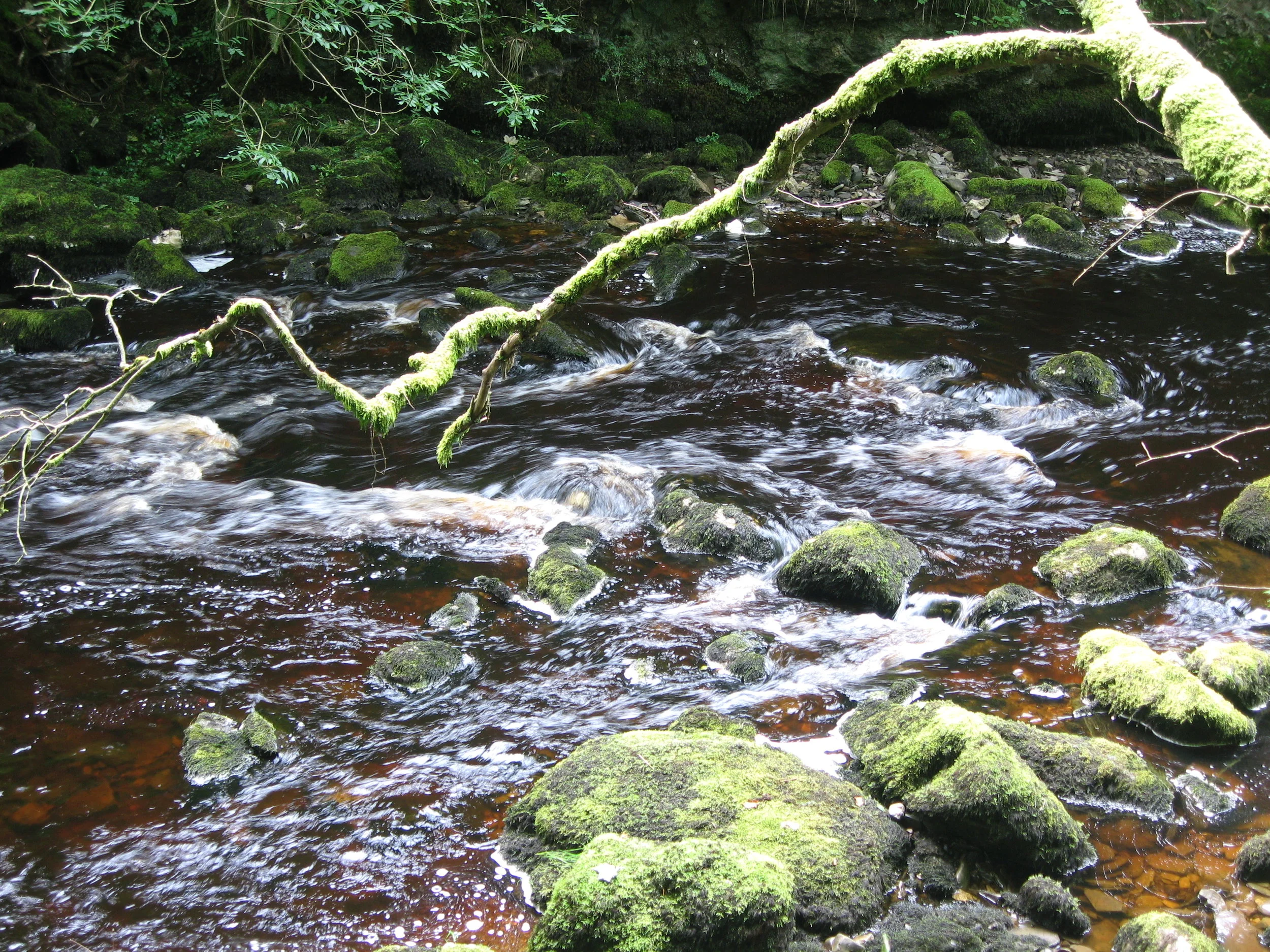Case Studies
Here are a few case studies of projects that illustrate our key areas of work
Featured
Over recent years CEP has developed significant expertise in the development and application of methods to identify and understand emerging issues and global megatrends. We have undertaken a number of method development projects including on emerging risks for the European Commission (DG Environment), and supporting the European Environment Agency network of foresight experts by developing a methodological toolkit for understanding the implications of global megatrends at the national level.
CEP were part of a team led byInstitute for European Environmental Policy (IEEP) with Milieu, WWF Germany and Rudolf de Groot fromESP (Ecosystems Services Partnership) who carried out a project for DG Env on “The health and social benefits of nature and biodiversity”.
CEP was commissioned by Scottish Natural Heritage (SNH) to undertake a project that would support stakeholders in the Pentland Hills Regional Park to develop a collaborative approach to land use and management. As part of the project, CEP was asked to adopt the ecosystem approach which is a way of working that combines the need to manage nature in terms of dynamic ecosystems whilst involving affected communities and other stakeholders in decision-making.
CEP – as a member of CECAN (the Centre for Evaluation of Complexity across the Nexus, based at the University of Surrey – undertook a meta-evaluation study of 23 selected evaluation projects we have undertaken relating to ‘Nexus’ issues – water, environment, food, energy – over the last 10 years and for a wide variety of clients. The project was an intensive study over 4-5 months (July-November 2016).
CEP, with partners Economic Research Services (ERS), were commissioned in September 2016 to undertaking the evaluation of the Our Bright Future Programme. The Our Bright Future Programme is a five-year programme (2016 – 2021) which aims to empower young people to lead progressive change in their communities and local environment.
The increase in the risk of flooding as a result of extreme weather and climate change make it essential for local authorities and communities to take ownership of this issue. Defra (Department for the Environment Food and Rural Affairs) provided grant funding to 13 local authorities throughout England under a new Community Flood Resilience Pathfinder Scheme aimed at stimulating community action to increase resilience.
CEP was commissioned by Forestry Commission Scotland (FCS) to carry out an Environmental and Economic Evaluation of the TimberLINK service. For this project, CEP partnered with Tom Matthew from Reference Economic Consultants who provided economic impact assessment expertise for the evaluation. We also worked with Dr Neil Ferguson from the University of Strathclyde Department of Civil and Environmental Engineering who provided technical input on various transport impacts, issues and assessment methods.
The European Commission’s Environment Directorate-General (DG Environment) commissioned CEP to lead a team of partners in researching and reporting on the public perceptions of environmental risks in Europe. CEP worked with partners at the University of A Coruña (Spain), the University of Latvia, Oikos (Slovenia), Sapienza University of Rome (Italy) and the West University of Timisoara (Romania).
CEP was commissioned by EEA in 2015 (European Environment Agency) to provide technical support in relation to tipping points in ecosystems with a focus on well-established European case studies, and to support work to operationalize “planetary boundary type approaches” with a focus on the boundaries for biosphere integrity and biogeochemical flows.
The e-Highway2050 project was a 40 month project which started in September 2012, supported by the EU Seventh Framework Programme. It aimed to develop a methodology to support the planning of the Pan-European Transmission Network – i.e. the electricity transmission network to serve the European Union and beyond – to ensure the reliable delivery of existing and potential new sources of renewable electricity as well as supporting the integration of the wider pan-European market.
Cascade Consulting (lead company), CEP, eftec and Yvonne Rees with Prof. Kevin Collins (Open University) and Dr Nigel Watson (University of Lancaster) undertook the evaluation of the pilot phase of Defra’s Catchment Based Approach (CaBA). The pilots were part of the UK Government’s review of river basin planning (RBP) strategy in the context of the European Water Framework Directive (WFD).
CEP with partners GeoData Institute and Cascade Consulting were commissioned by Defra (Department for the Environment Food and Rural Affairs), in collaboration with Natural England, to undertake the Monitoring and Evaluation of the Nature Improvement Areas Phase 2 project. Nature Improvement Areas (NIA) are places where a shared vision for the development of the natural environment exists among a wide partnership of local people, including statutory and voluntary sectors.
CEP with the Institute of European Environmental Planning (IEEP) were commissioned by Defra (Department for the Environment Food and Rural Affairs) to undertake a two-year (2012-2014) evaluation of the six biodiversity offsetting pilots and complementary projects.
CEP’s William Sheate and Jonathan Baker were part of the Core Team of two separate parts of the National Ecosystem Assessment (NEA) follow on project on the role of assessment and appraisal tools in ecosystem management.














CEP was commissioned by the Scottish Government to explore how people value Scotland’s bathing waters and the influence of bathing water quality (BWQ). For this project, CEP partnered with eftec who provided specific expertise on monetary valuation methods and local economic impact analysis.